PUNISHING BUSINESS OWNERS FOR DISASTERS
입력 2021.01.06 (15:13)
수정 2021.01.06 (16:48)
읽어주기 기능은 크롬기반의
브라우저에서만 사용하실 수 있습니다.
[Anchor Lead]
Korean lawmakers are discussing a bill that would allow business owners to be punished for a deadly disaster. Both ruling and opposition parties came to terms on one of the thorniest issues, the level of penalty imposed on chief executives, which will likely be processed during Friday’s general session.
[Pkg]
Discussions on a bill penalizing corporate owners for serious disasters continued. Justice Party Floor Leader Kang Eun-mi, who was hospitalized after a hunger strike, joined the debate to call for a quick legislation of the bill.
[Soundbite] "Please support us."
Key issues included the definition of major disasters, the law’s targets, the scope of accountable parties, punishment levels as well as which businesses may be given a grace period and for how long. The ruling Democratic Party and the major opposition People Power Party already agreed on the level of penalties. A chief executive who did not fulfill safety or health obligations may be sentenced to no less than a year in prison or a fine of up to 1 billion won. The penalties were eased from the government’s original plan.
[Soundbite] REP. BACK HYE-RYUN(DEMOCRATIC PARTY) : "We agreed to leave room for rational decisions based on individual circumstances."
The parties claim they made it possible for prison term and fine to be sentenced simultaneously. A move that would nullify criticisms that they softened the punishment. The Justice Party argued that although a corporate body may be sentenced to a fine of up to 5 billion won, heavier fines should be imposed on a conglomerate. But it remains unclear whether the minority party’s argument would be accepted.
[Soundbite] REP. BAE JIN-GYO(JUSTICE PARTY) : "This clause has been deleted. It means that the punishment statutes for conglomerates have been substantially eased."
A chief executive and a corporate body would likely receive the same level of penalties for serious civilian disasters such as the Sewol ferry sinking. The lawmakers only agreed on a timetable to pass the serious disaster bill on Friday. They have yet to decide on the grace period and the size of the businesses to be given deferment. Also, they haven’t come to terms on many other issues, such as whether internet cafes and other establishments that cater to the masses should be regulated as well. Review of the bill would continue, but protests from the Justice Party and the labor sector may disrupt the process.
Korean lawmakers are discussing a bill that would allow business owners to be punished for a deadly disaster. Both ruling and opposition parties came to terms on one of the thorniest issues, the level of penalty imposed on chief executives, which will likely be processed during Friday’s general session.
[Pkg]
Discussions on a bill penalizing corporate owners for serious disasters continued. Justice Party Floor Leader Kang Eun-mi, who was hospitalized after a hunger strike, joined the debate to call for a quick legislation of the bill.
[Soundbite] "Please support us."
Key issues included the definition of major disasters, the law’s targets, the scope of accountable parties, punishment levels as well as which businesses may be given a grace period and for how long. The ruling Democratic Party and the major opposition People Power Party already agreed on the level of penalties. A chief executive who did not fulfill safety or health obligations may be sentenced to no less than a year in prison or a fine of up to 1 billion won. The penalties were eased from the government’s original plan.
[Soundbite] REP. BACK HYE-RYUN(DEMOCRATIC PARTY) : "We agreed to leave room for rational decisions based on individual circumstances."
The parties claim they made it possible for prison term and fine to be sentenced simultaneously. A move that would nullify criticisms that they softened the punishment. The Justice Party argued that although a corporate body may be sentenced to a fine of up to 5 billion won, heavier fines should be imposed on a conglomerate. But it remains unclear whether the minority party’s argument would be accepted.
[Soundbite] REP. BAE JIN-GYO(JUSTICE PARTY) : "This clause has been deleted. It means that the punishment statutes for conglomerates have been substantially eased."
A chief executive and a corporate body would likely receive the same level of penalties for serious civilian disasters such as the Sewol ferry sinking. The lawmakers only agreed on a timetable to pass the serious disaster bill on Friday. They have yet to decide on the grace period and the size of the businesses to be given deferment. Also, they haven’t come to terms on many other issues, such as whether internet cafes and other establishments that cater to the masses should be regulated as well. Review of the bill would continue, but protests from the Justice Party and the labor sector may disrupt the process.
■ 제보하기
▷ 카카오톡 : 'KBS제보' 검색, 채널 추가
▷ 전화 : 02-781-1234, 4444
▷ 이메일 : kbs1234@kbs.co.kr
▷ 유튜브, 네이버, 카카오에서도 KBS뉴스를 구독해주세요!
- PUNISHING BUSINESS OWNERS FOR DISASTERS
-
- 입력 2021-01-06 15:13:33
- 수정2021-01-06 16:48:05
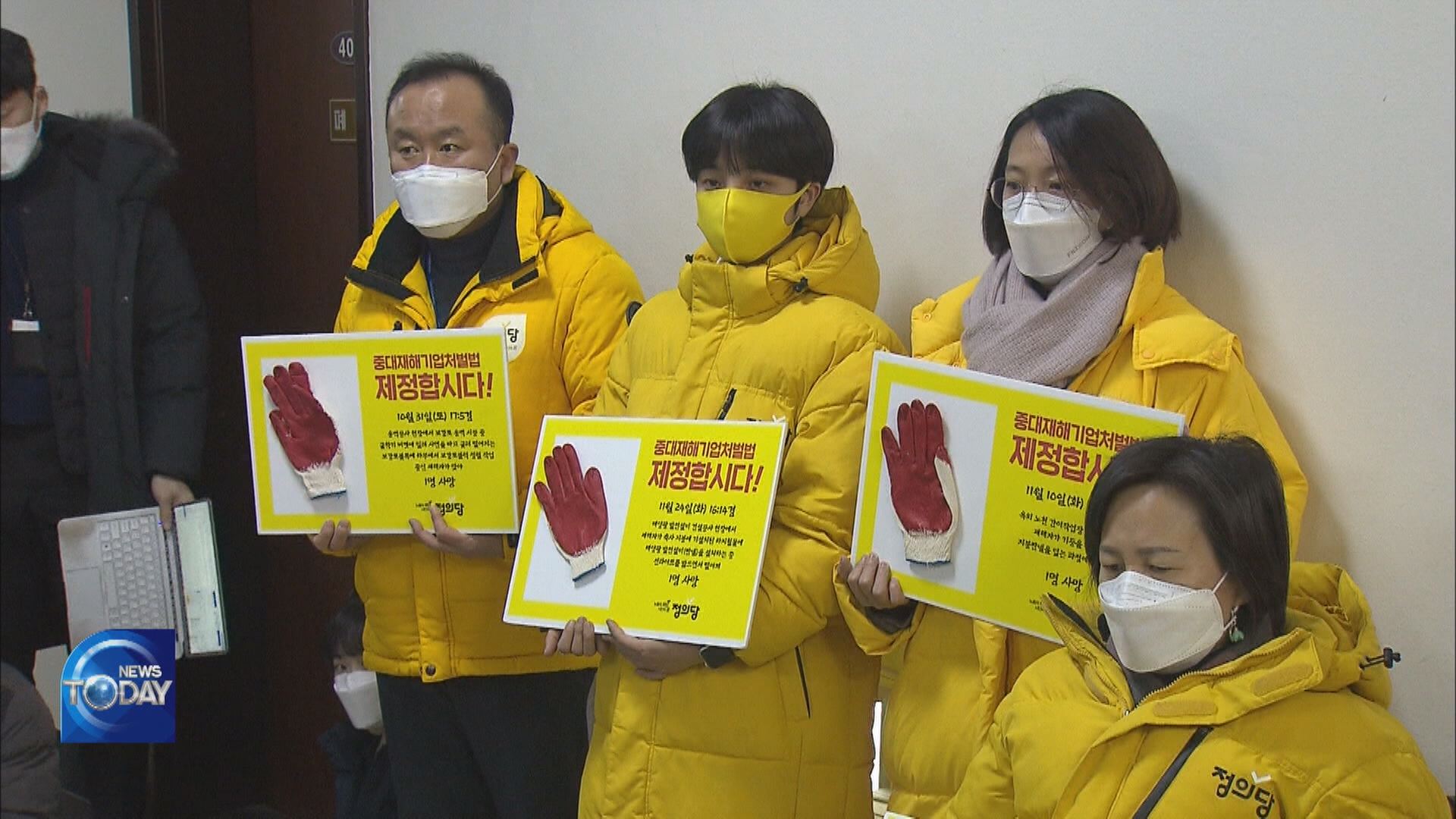
[Anchor Lead]
Korean lawmakers are discussing a bill that would allow business owners to be punished for a deadly disaster. Both ruling and opposition parties came to terms on one of the thorniest issues, the level of penalty imposed on chief executives, which will likely be processed during Friday’s general session.
[Pkg]
Discussions on a bill penalizing corporate owners for serious disasters continued. Justice Party Floor Leader Kang Eun-mi, who was hospitalized after a hunger strike, joined the debate to call for a quick legislation of the bill.
[Soundbite] "Please support us."
Key issues included the definition of major disasters, the law’s targets, the scope of accountable parties, punishment levels as well as which businesses may be given a grace period and for how long. The ruling Democratic Party and the major opposition People Power Party already agreed on the level of penalties. A chief executive who did not fulfill safety or health obligations may be sentenced to no less than a year in prison or a fine of up to 1 billion won. The penalties were eased from the government’s original plan.
[Soundbite] REP. BACK HYE-RYUN(DEMOCRATIC PARTY) : "We agreed to leave room for rational decisions based on individual circumstances."
The parties claim they made it possible for prison term and fine to be sentenced simultaneously. A move that would nullify criticisms that they softened the punishment. The Justice Party argued that although a corporate body may be sentenced to a fine of up to 5 billion won, heavier fines should be imposed on a conglomerate. But it remains unclear whether the minority party’s argument would be accepted.
[Soundbite] REP. BAE JIN-GYO(JUSTICE PARTY) : "This clause has been deleted. It means that the punishment statutes for conglomerates have been substantially eased."
A chief executive and a corporate body would likely receive the same level of penalties for serious civilian disasters such as the Sewol ferry sinking. The lawmakers only agreed on a timetable to pass the serious disaster bill on Friday. They have yet to decide on the grace period and the size of the businesses to be given deferment. Also, they haven’t come to terms on many other issues, such as whether internet cafes and other establishments that cater to the masses should be regulated as well. Review of the bill would continue, but protests from the Justice Party and the labor sector may disrupt the process.
Korean lawmakers are discussing a bill that would allow business owners to be punished for a deadly disaster. Both ruling and opposition parties came to terms on one of the thorniest issues, the level of penalty imposed on chief executives, which will likely be processed during Friday’s general session.
[Pkg]
Discussions on a bill penalizing corporate owners for serious disasters continued. Justice Party Floor Leader Kang Eun-mi, who was hospitalized after a hunger strike, joined the debate to call for a quick legislation of the bill.
[Soundbite] "Please support us."
Key issues included the definition of major disasters, the law’s targets, the scope of accountable parties, punishment levels as well as which businesses may be given a grace period and for how long. The ruling Democratic Party and the major opposition People Power Party already agreed on the level of penalties. A chief executive who did not fulfill safety or health obligations may be sentenced to no less than a year in prison or a fine of up to 1 billion won. The penalties were eased from the government’s original plan.
[Soundbite] REP. BACK HYE-RYUN(DEMOCRATIC PARTY) : "We agreed to leave room for rational decisions based on individual circumstances."
The parties claim they made it possible for prison term and fine to be sentenced simultaneously. A move that would nullify criticisms that they softened the punishment. The Justice Party argued that although a corporate body may be sentenced to a fine of up to 5 billion won, heavier fines should be imposed on a conglomerate. But it remains unclear whether the minority party’s argument would be accepted.
[Soundbite] REP. BAE JIN-GYO(JUSTICE PARTY) : "This clause has been deleted. It means that the punishment statutes for conglomerates have been substantially eased."
A chief executive and a corporate body would likely receive the same level of penalties for serious civilian disasters such as the Sewol ferry sinking. The lawmakers only agreed on a timetable to pass the serious disaster bill on Friday. They have yet to decide on the grace period and the size of the businesses to be given deferment. Also, they haven’t come to terms on many other issues, such as whether internet cafes and other establishments that cater to the masses should be regulated as well. Review of the bill would continue, but protests from the Justice Party and the labor sector may disrupt the process.
이 기사가 좋으셨다면
-
좋아요
0
-
응원해요
0
-
후속 원해요
0










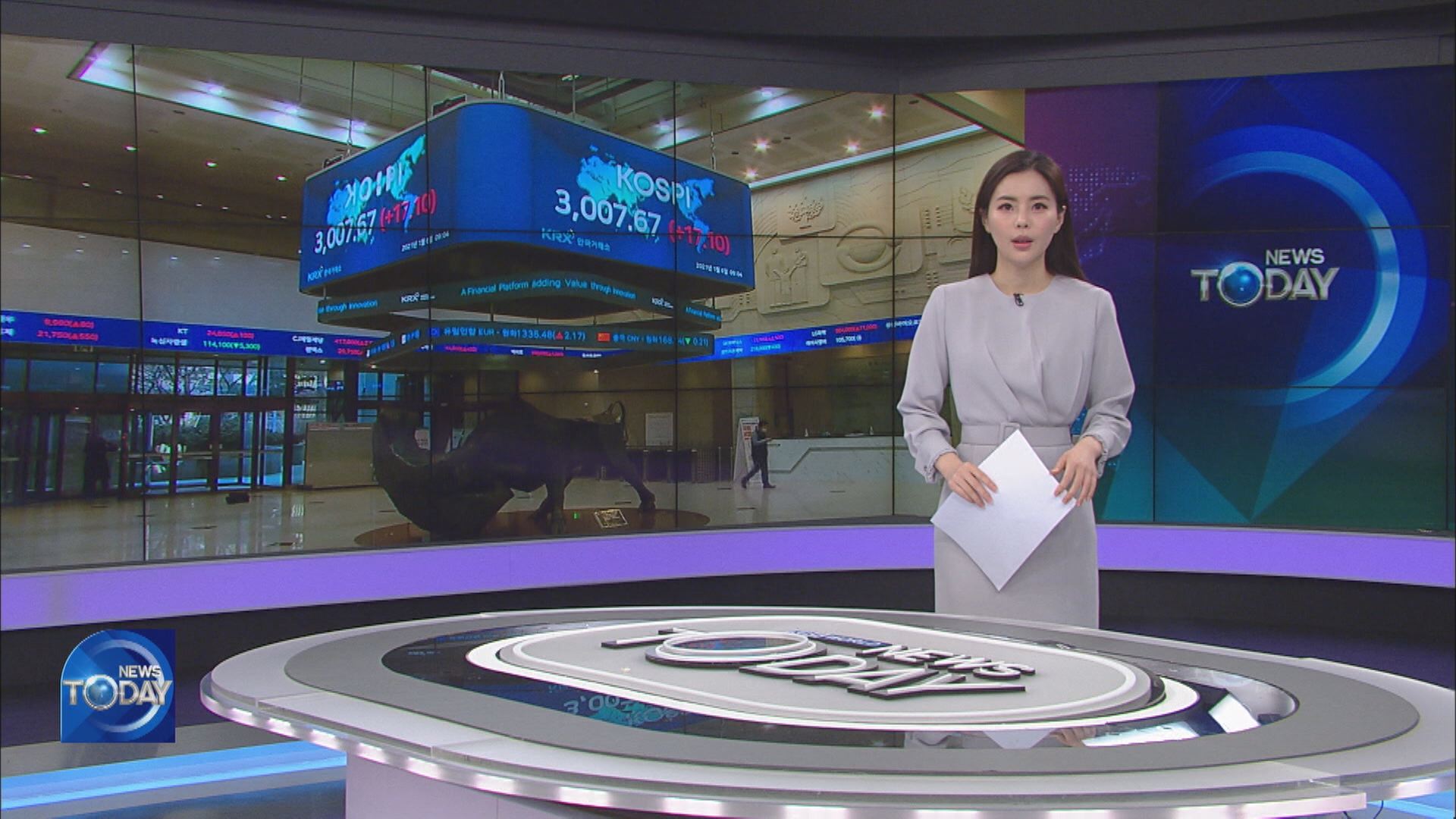
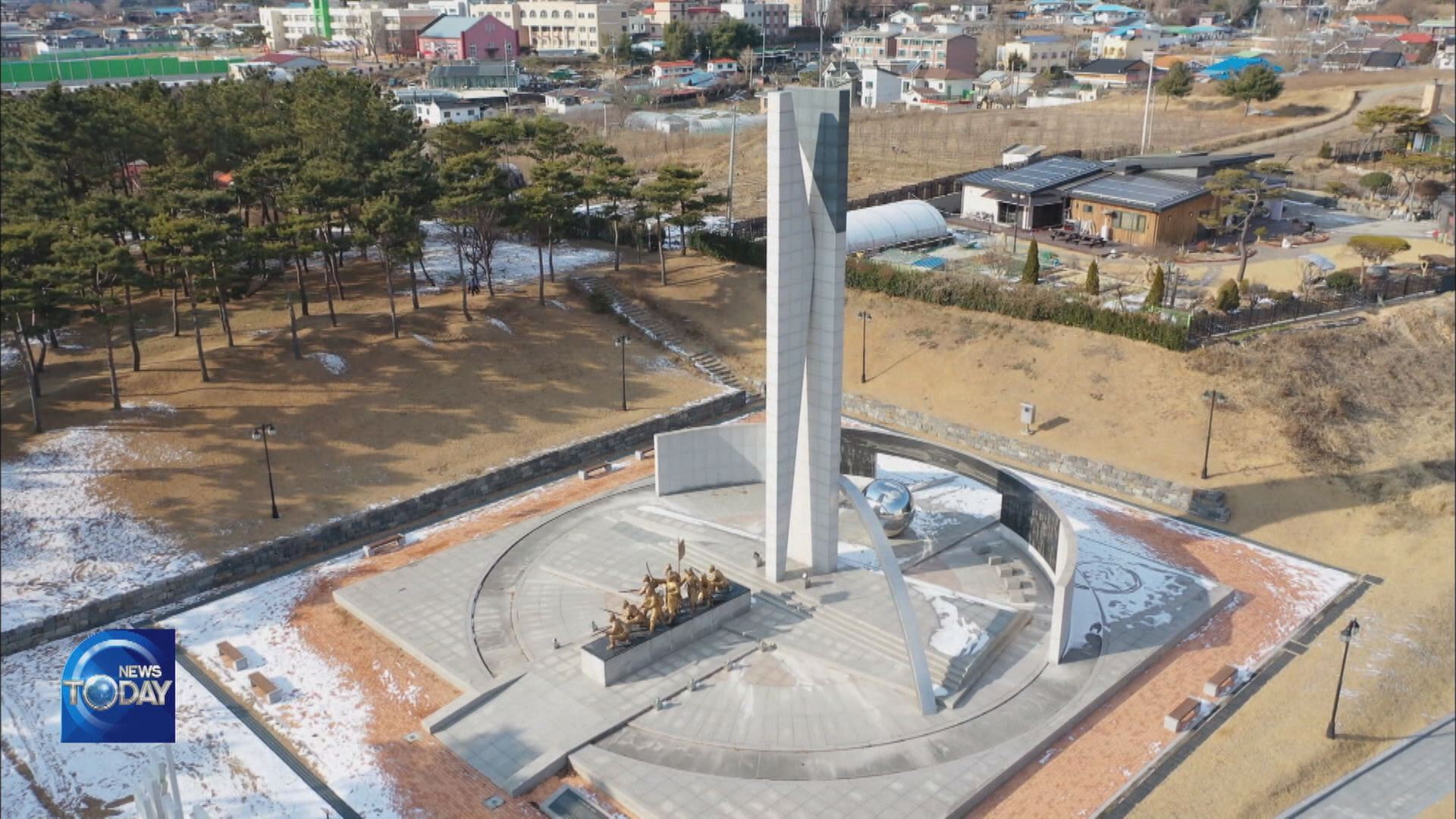
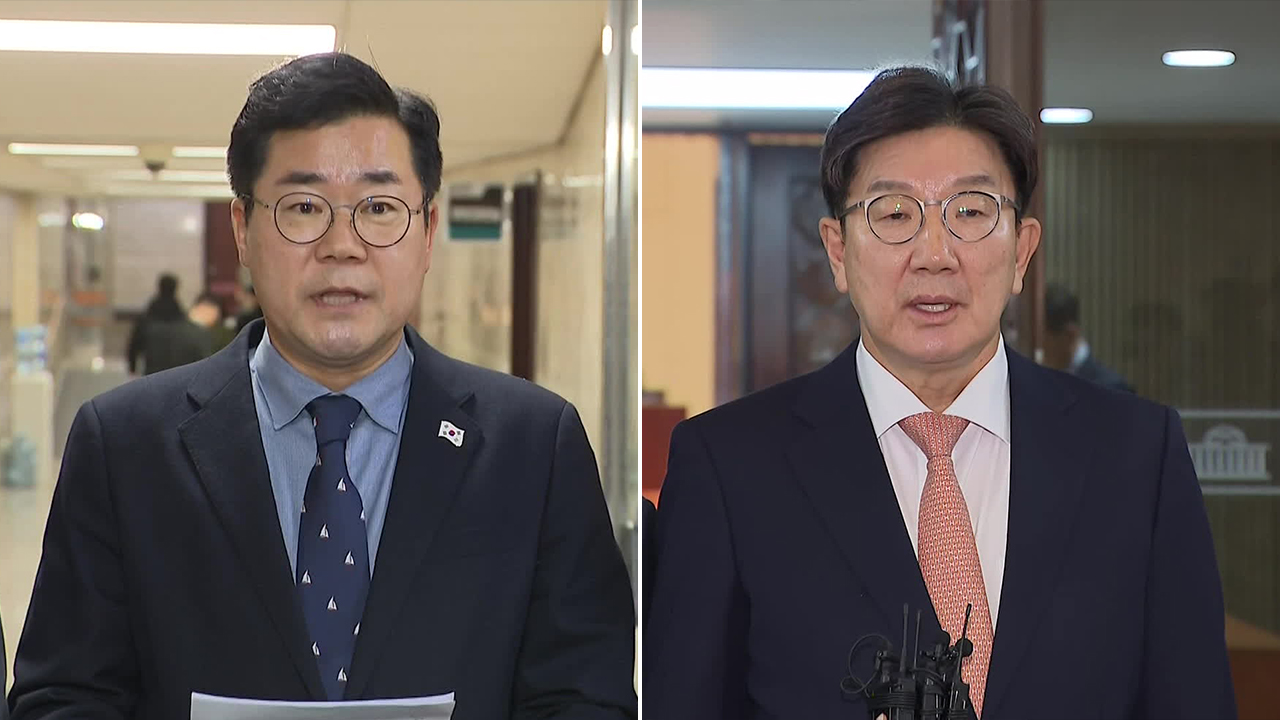
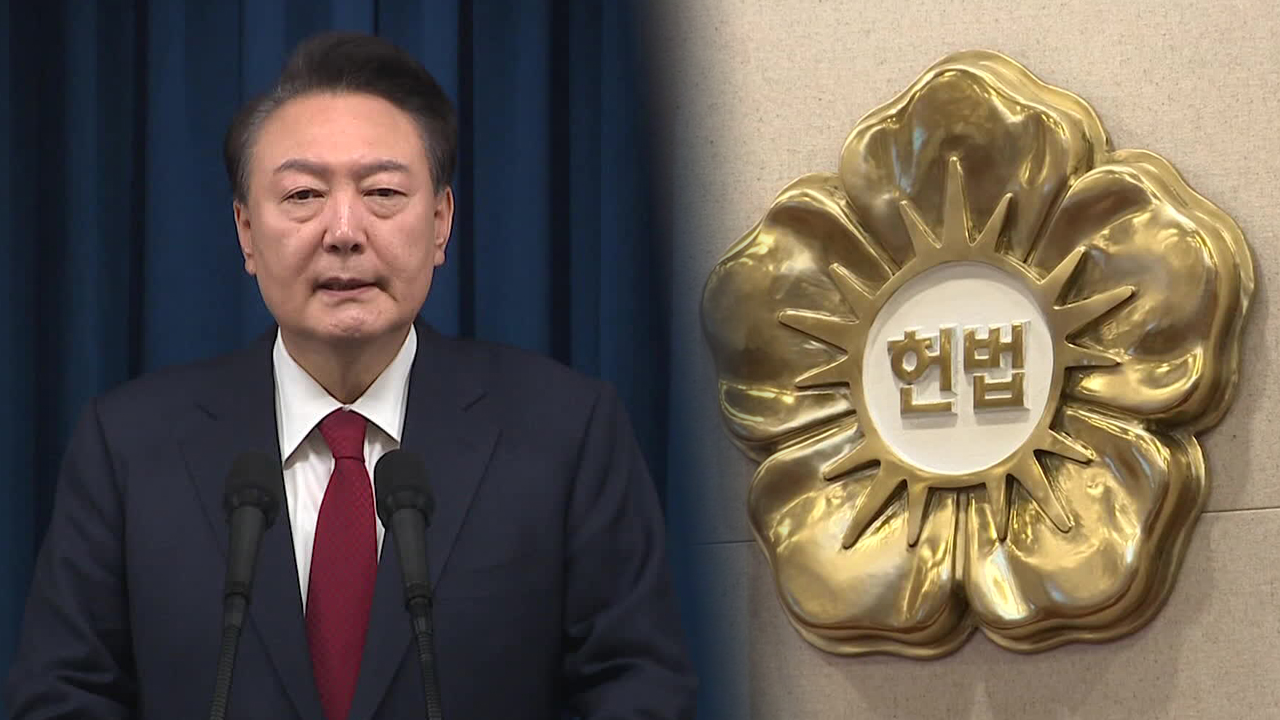
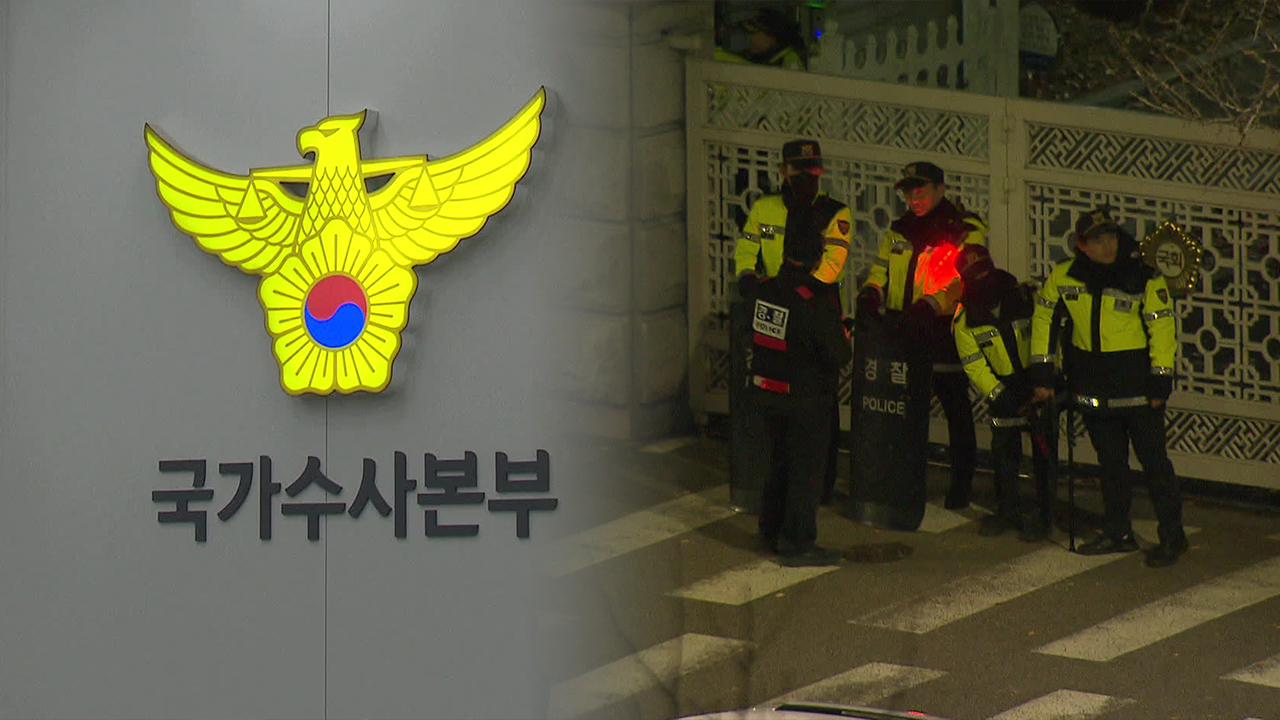
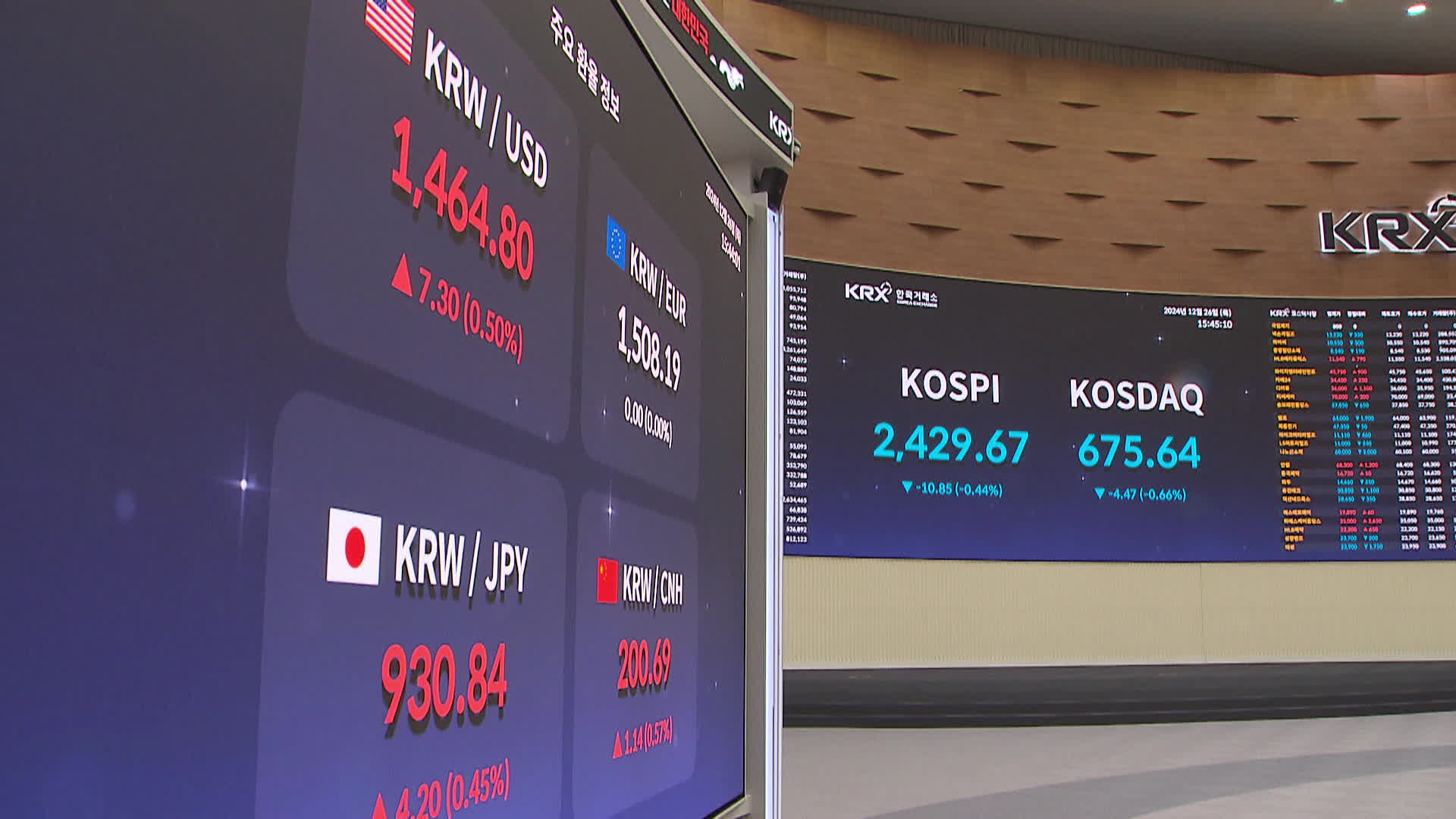

이 기사에 대한 의견을 남겨주세요.